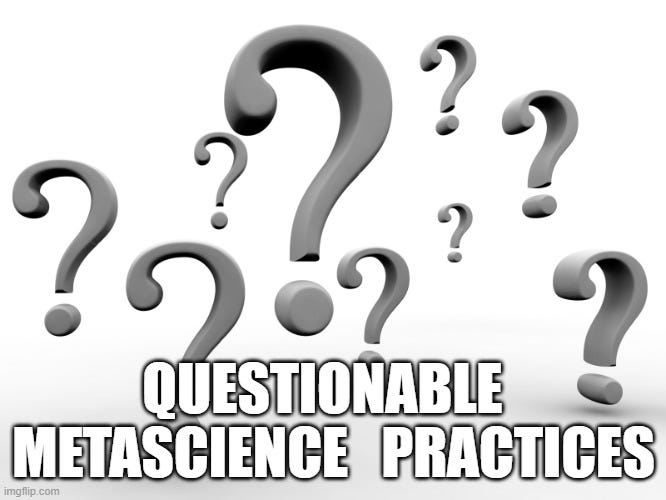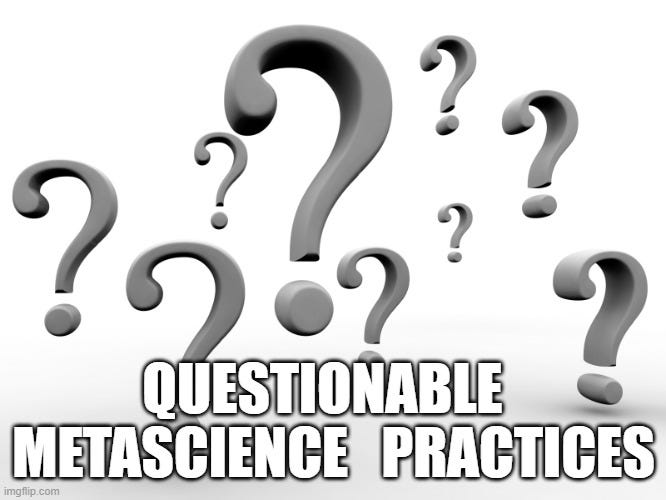
The scientific community is moving towards a more transparent way of conducting and reporting research. Scientific publications are becoming more and more openly accessible but openness should also extend to peer review, preprinting, preregistration, data sharing, metadata availability, and related issues. Research funders and other stakeholders are putting a significant effort into promoting open science practices in scholarly communication.








